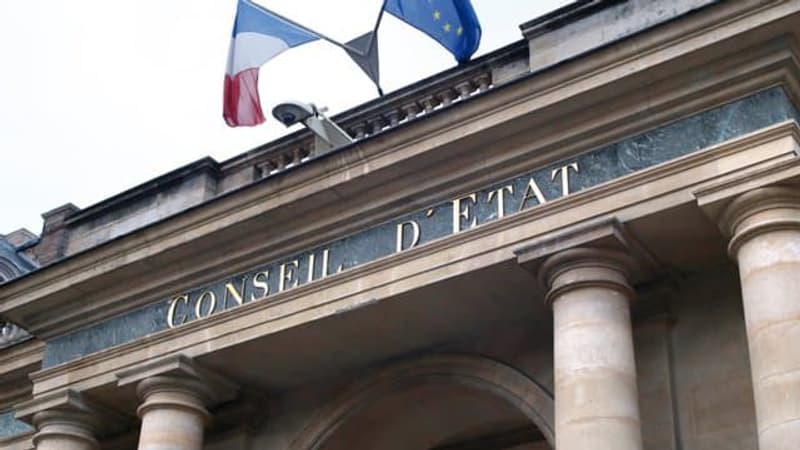The Council of State has ruled legal the Government’s decision to force EDF to sell more cheap electricity in 2022 to its competitors, in order to contain the French bill, the high administrative court announced this Friday. “Concerned by EDF and employee and shareholder organizations, the State Council judges today that the government’s decision to increase the volume of electricity sold by EDF to its competitors in 2022 under the Arenh is legal,” it said in a statement.
The plaintiffs requested the annulment of the decree issued on March 11, 2022 by the government that provides for the raising of the ceiling of Arenh (“Regulated access to historical nuclear electricity”), a mechanism that allows EDF’s competitors to buy part of its production of electricity at a fixed and cheap price. In particular, they criticized this measure to raise Arenh’s ceiling from 100 to 120 terawatt hours (TWh) for reasons of European Union law, calling it State aid and considering that it should have been notified to Europe.
A “not excessive” ceiling increase
The high court “judges today that this measure complies with national legislation and the legislation of the European Union.” He considers that “it is not creating a new device, but has only increased, within the framework of the Arenh, the maximum total volume of electricity that EDF is likely to sell by 2022.” This increase “meets the objectives of the 2010 law -to guarantee the free choice of supplier and price stability-, and it is not excessive to achieve them given the exceptional context” of the rise in energy prices, caused by the recovery of the economy and the war in Ukraine”.
The Council of State also considers that these measures do not disproportionately affect EDF’s entrepreneurial freedom. Finally, the State Council judges that neither the initial Arenh nor its exceptional increase in 2022 “constitute State aid to customers of competing providers that should have been notified to the European Commission.” The Council of State therefore followed the recommendations of the public rapporteur, who had recommended the “rejection of all requests”, considering the arguments of the different plaintiffs unfounded, during the hearing on January 18, according to the decision it made the AFP. could consult.
Source: BFM TV


